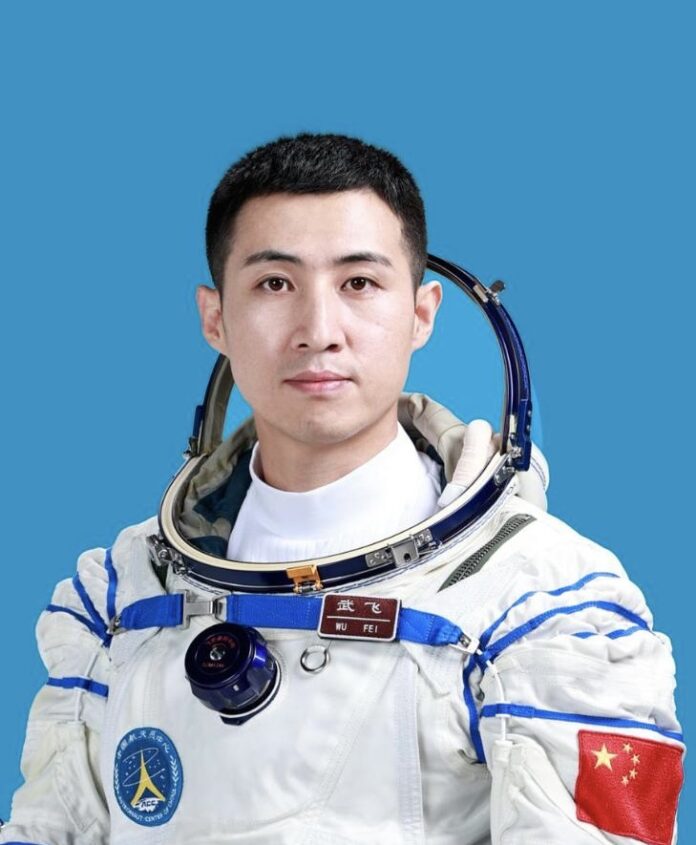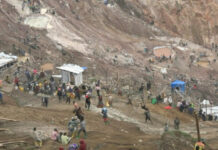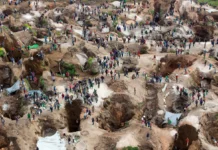Written by Lisa Murimi
China has successfully launched its Shenzhou-21 spacecraft, carrying the country’s youngest astronaut to date, Wu Fei, 32, as part of its ongoing mission to the Tiangong (“Heavenly Palace”) space station, state media reported on Friday.
The spacecraft lifted off atop a Long March-2F rocket from the Jiuquan Satellite Launch Centre in northwest China.
It marks the seventh crewed mission to the permanently inhabited Tiangong station since its completion in 2022.
Joining Wu on the six-month mission are Commander Zhang Lu, 48, a veteran of the 2022 Shenzhou-15 mission, and Zhang Hongzhang, 39, another first-time astronaut.
The trio will take over operations from the Shenzhou-20 crew, who are scheduled to return to Earth in the coming days.
In a first for China’s space program, the astronauts were accompanied by four black mice, the first small mammals to live aboard the space station.
Scientists will use the animals to study reproduction in low Earth orbit, an experiment that could shed light on how life might be sustained on long-duration missions beyond Earth.
The launch continues China’s rapid progress in space exploration, with the Shenzhou programme now launching biannual missions as part of its long-term space strategy.
In recent years, the programme has achieved several milestones, including its first astronauts born in the 1990s, a record-breaking spacewalk, and plans to send the first foreign astronaut — from Pakistan — to Tiangong in 2026.
These achievements have attracted global attention and heightened competition with the United States.
Washington has expressed concern over China’s growing capabilities, as both countries race to expand their influence beyond Earth. The U.S. is also fast-tracking its own Artemis programme to return astronauts to the moon before China does.
Meanwhile, China and Russia are promoting their International Lunar Research Station, viewed as a rival initiative to the U.S.-led Artemis Accords, which set out norms for lunar exploration.
The Shenzhou-21 mission underscores China’s ambitions to become a major space power, building self-reliance in technology and pushing the boundaries of human spaceflight.
As Beijing eyes deeper space exploration, the youthful faces of its new astronaut corps symbolize the next generation of its rapidly advancing space programme.



















